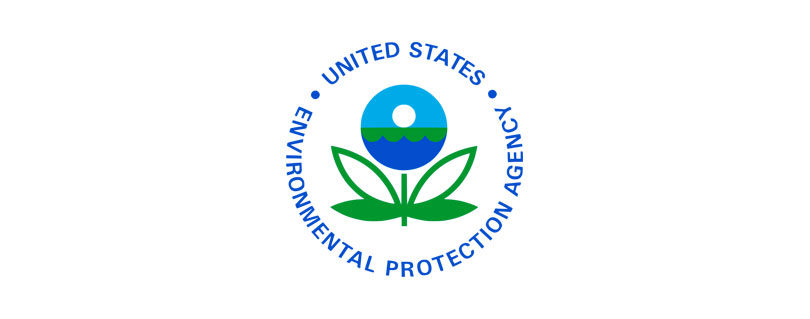EPA Settlement with Evonik Will Reduce Air Toxics in St. John the Baptist Parish, La.
Publilshed by the U.S. Environmental Protection Agency (EPA)
DALLAS, TEXAS (April 24, 2023) – The U.S. Environmental Protection Agency (EPA) recently announced a settlement with Evonik Corporation that will reduce emissions of ethylene oxide and other hazardous air pollutants by 5.6 tons per year from a facility in Reserve, St. John the Baptist Parish, Louisiana. The alleged violations were found as a result of a special monitoring and enforcement effort by officials from EPA and the Louisiana Department of Environmental Quality (LDEQ) following EPA Administrator Michael Regan’s visit to the area during his Journey to Justice tour.
“Even though Evonik is technically classified as a minor source of emissions, the facility’s impact on people living nearby can be significant,” said Regional Administrator Dr. Earthea Nance. “Through an innovative enforcement approach, EPA’s team was able to secure a meaningful reduction of air toxics for the people of St. John the Baptist.”
“We cannot have a healthy society without a healthy environment,” said Congressman Troy Carter (LA-02). “For my constituents, this is their home, and it is the primary duty of government to ensure that people are safe and protected in their communities. We must continue to find solutions that can provide a clean environment alongside industry. I’m pleased that this settlement will reduce air toxics for the people of St. John the Baptist parish.”
The inspections took place in April 2022 as part of the Pollution Accountability Team, an innovative air monitoring project developed by EPA enforcement teams based on concerns of area residents. The initiative combined high-tech air pollution monitoring and real-time physical inspections. EPA’s ASPECT airplane collected emissions data from facilities while EPA’s Geospatial Monitoring of Air Pollution, or GMAP, vehicle monitored pollution levels at facility fencelines and adjacent neighborhoods. Teams of inspectors from EPA and LDEQ were available to follow up with on-the-spot, unannounced inspections at specific facilities if monitoring results indicated elevated emissions.
Evonik has already replaced their scrubber with a more efficient flare, which will destroy 98% of emissions routed to it. Evonik will also install a thermal oxidizer and be required to operate it with a minimum destruction efficiency of 99.9% as demonstrated by a required initial performance test. Evonik will also implement an enhanced leak detection and repair program, which will help minimize fugitive emissions of ethylene oxide and other volatile organic compounds (VOCs).
The corrective actions will reduce hazardous air pollutant emissions by about 5.6 tons per year, including 2.16 tons of ethylene oxide. Ethylene oxide is a hazardous organic pollutant and VOC that can cause cancer in humans. VOCs can contribute to the formation of ozone, or smog, which can result in health problems such as asthma, lung infections, bronchitis, and cancer.
As part of the settlement, Evonik agreed to perform a Supplemental Environmental Project (SEP) to further reduce facility-wide emissions. They will spend a minimum of $335,000 to design, install, and operate a Vapor Recovery System to capture VOCs which are currently permitted for release to the atmosphere while trucks load and unload. The captured VOCs will be routed to the new thermal oxidizer/flare system. The SEP will be fully operational no later than December 31, 2026 and is expected to reduce VOC emissions by an additional 2.6 tons per year. Additionally, Evonik must pay a civil penalty of $75,000 to resolve the alleged violations at the facility.
For more about Administrator Regan’s Journey to Justice: https://www.epa.gov/environmentaljustice/journey-justice
For more about EPA’s work in Louisiana: https://www.epa.gov/la
Connect with the Environmental Protection Agency Region 6 on Facebook, Twitter, or visit our homepage.
Read the full article at: https://www.epa.gov/newsreleases/epa-settlement-evonik-will-reduce-air-toxics-st-john-baptist-parish-la


